COVID TRANSMISSIONS
As the COVID-19 pandemic continues to unfold, farmers are feeling a mix of anxiety and uncertainty just as urban Albertans are. However, there is an emerging confidence that the ag supply chain will hold up.
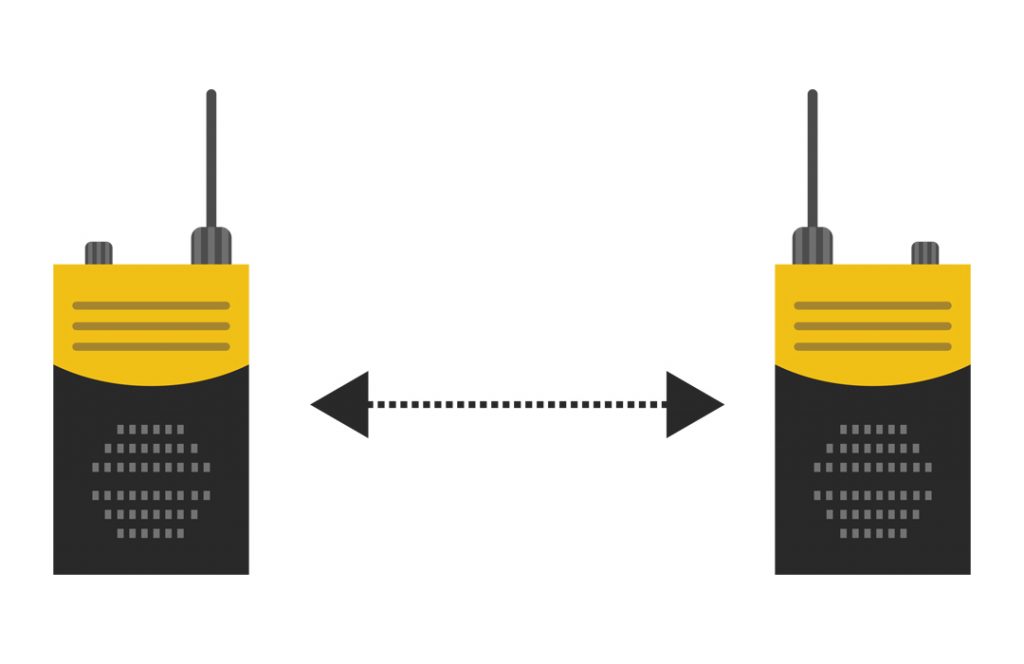
As the COVID-19 pandemic continues to unfold, farmers are feeling a mix of anxiety and uncertainty just as urban Albertans are. However, there is an emerging confidence that the ag supply chain will hold up.
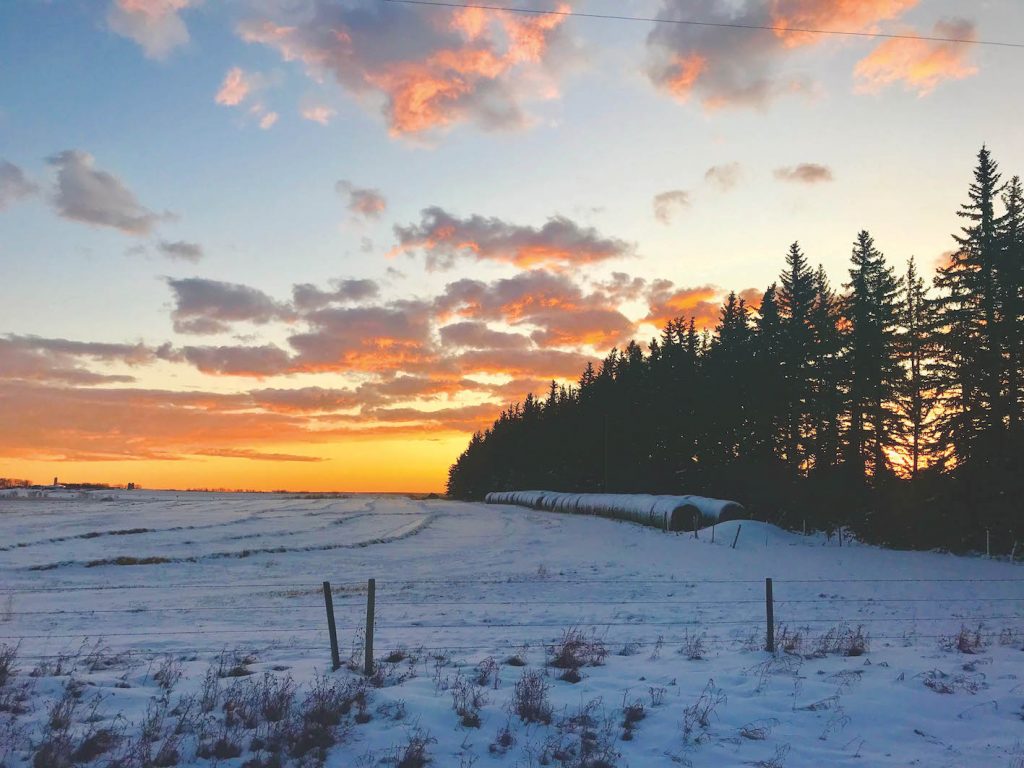
The farming industry is taking the COVID-19 pandemic seriously. Obviously, there’s a lot riding on the continued good health of the farm community and the uninterrupted production of food.
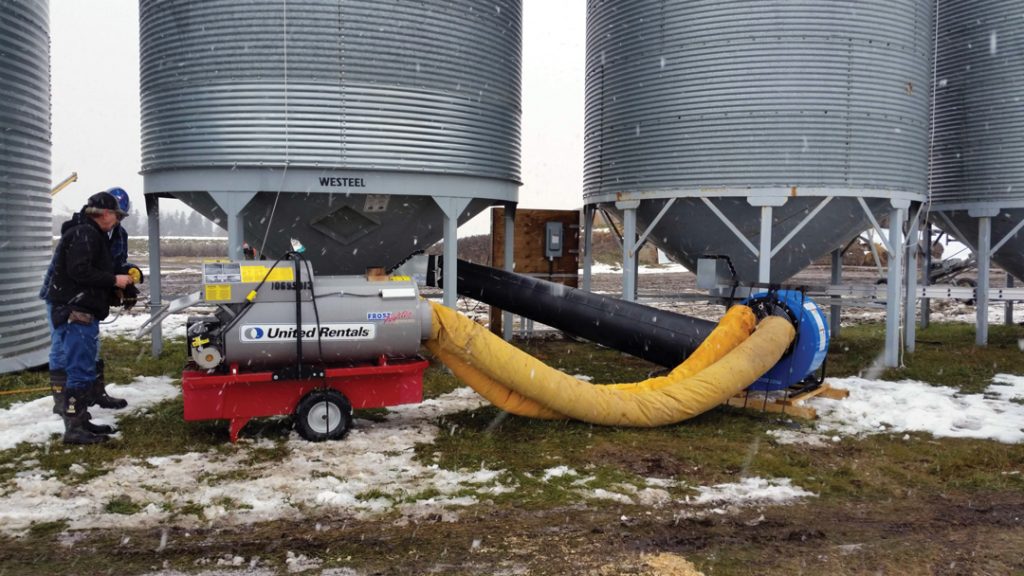
Low-tech air drying of grain may be a farming practice tailor made for these wet, financially constrained times. Multiple tough harvests have increased grain drying demands on Alberta farmers at a time when average farm income is down substantially. Can natural in-bin airdrying or natural aeration help Prairie farmers cope, and at an attractive price? Employing differing airflow levels, both involve blowing air into grain bins to dry harvested grain.
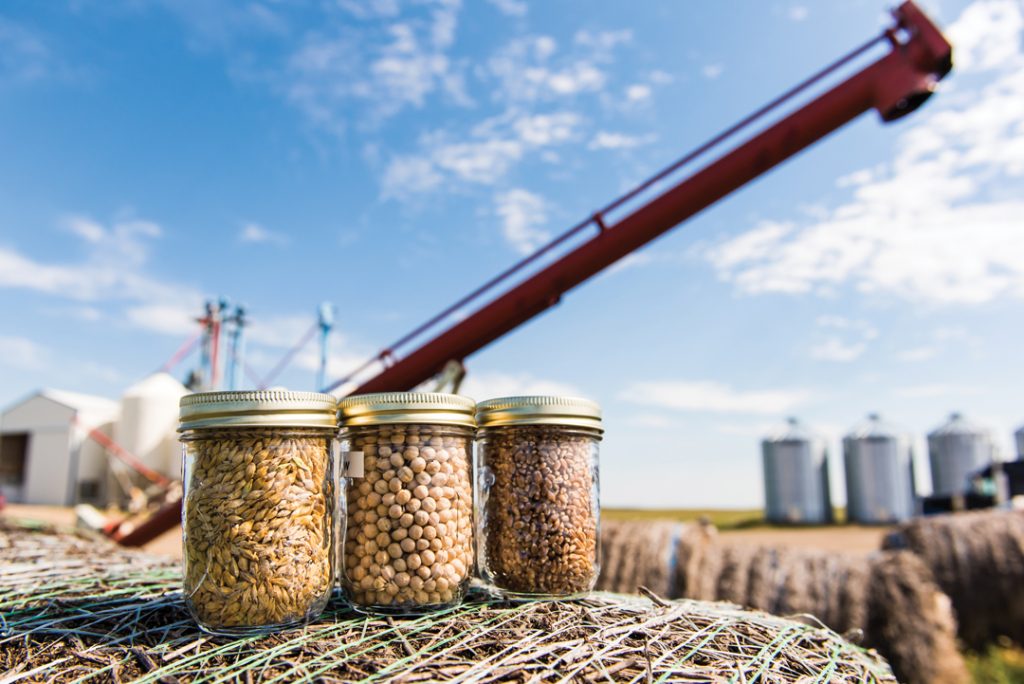
Familiar to most farmers, that blue seed tag indicates a grower has produced the high-quality product that will be used to produce the year’s crop. Seed growers are the foundation of Canada’s agri-food industry, helping to maintain the robust selection of crop varieties farmers rely on to grow the best crops possible.

Farmers take food trends personally. Why are consumers canoodling with exotic foodstuffs such as camu camu and macadamia milk when Canadian farms literally produce acres of the world’s best food and litres of the best drink? And, after all, it’s food with proven, rather than wishfully presumed, miracle health benefits.
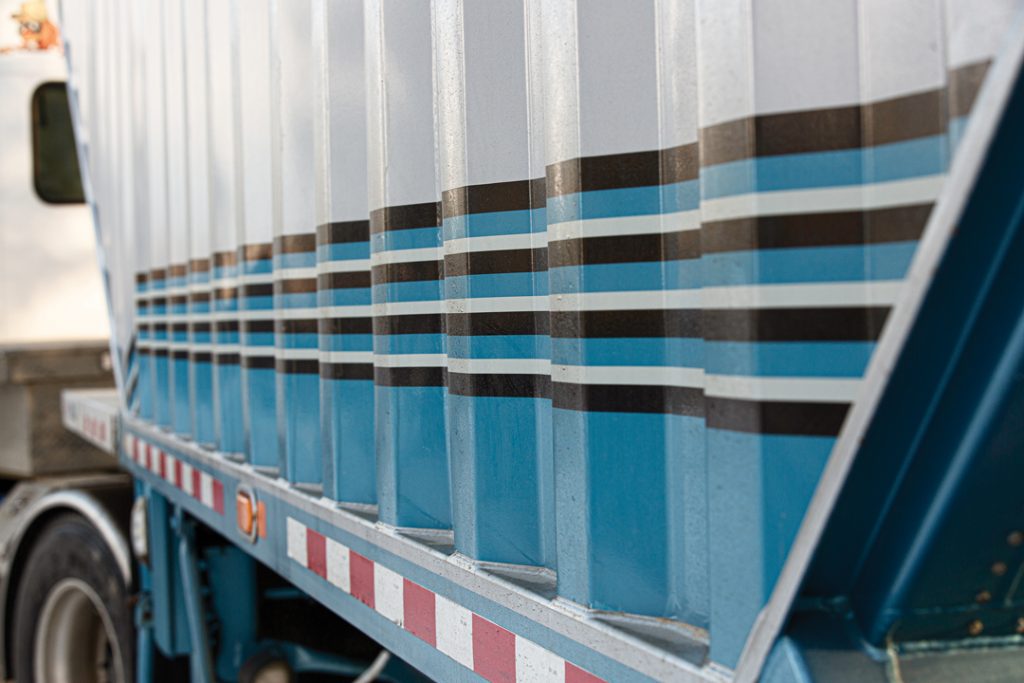
While statistics are limited, some industry insiders estimate about 50 per cent of farmers haul their own grain, while the other 50 per cent rely fully or partly on commercial trucking services, popularly referred to as custom grain haulers.

Today, only two per cent of Canadians farm. The other 98 per cent may be curious but have little knowledge of it. Some don’t care or have developed a fear of agriculture. Numerous consumers read farming myths circulated on social media platforms rather than getting information from the hard-working and forward-thinking agriculture community.
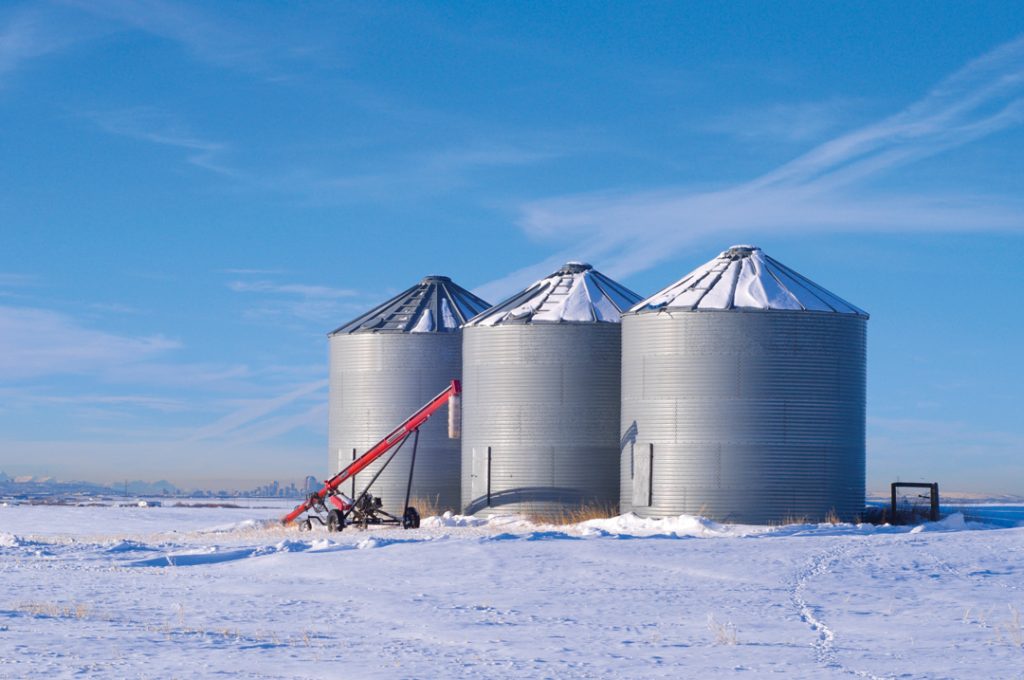
Weather patterns over the last decade have been reliably unreliable at best. And while insurance does provide some reprieve when fall crops remain in the field until spring, farmers are contemplating management decisions they hope will diminish the risk.
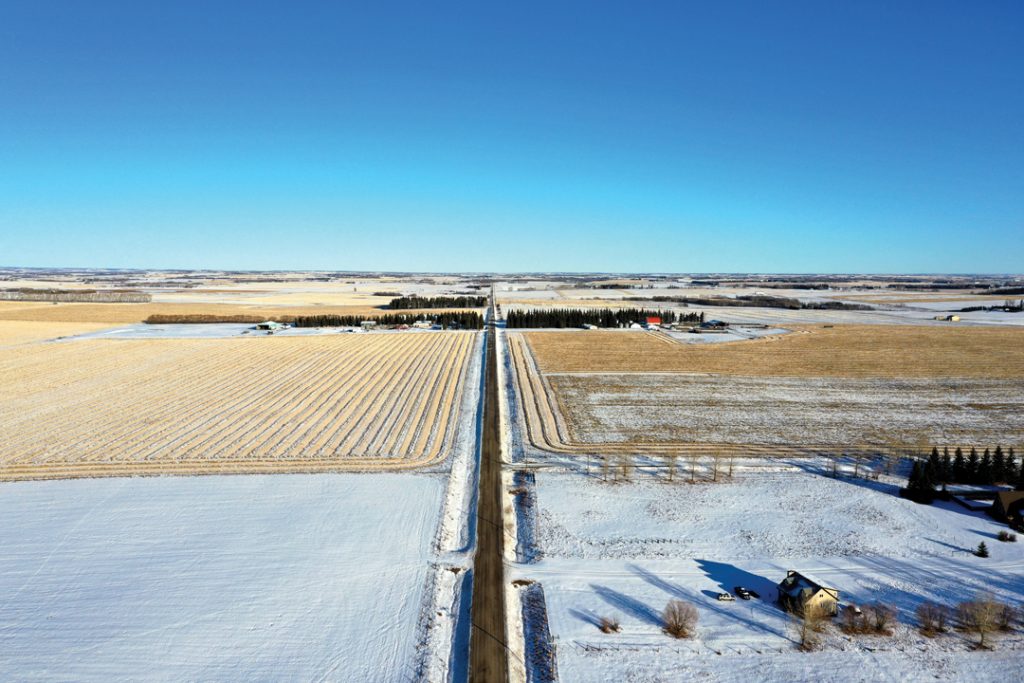
Following a generally cool, sometimes too wet, sometimes too dry growing season, an unhappy portion of Alberta’s 2019 grain crop was snowed under and overwintered in the field.
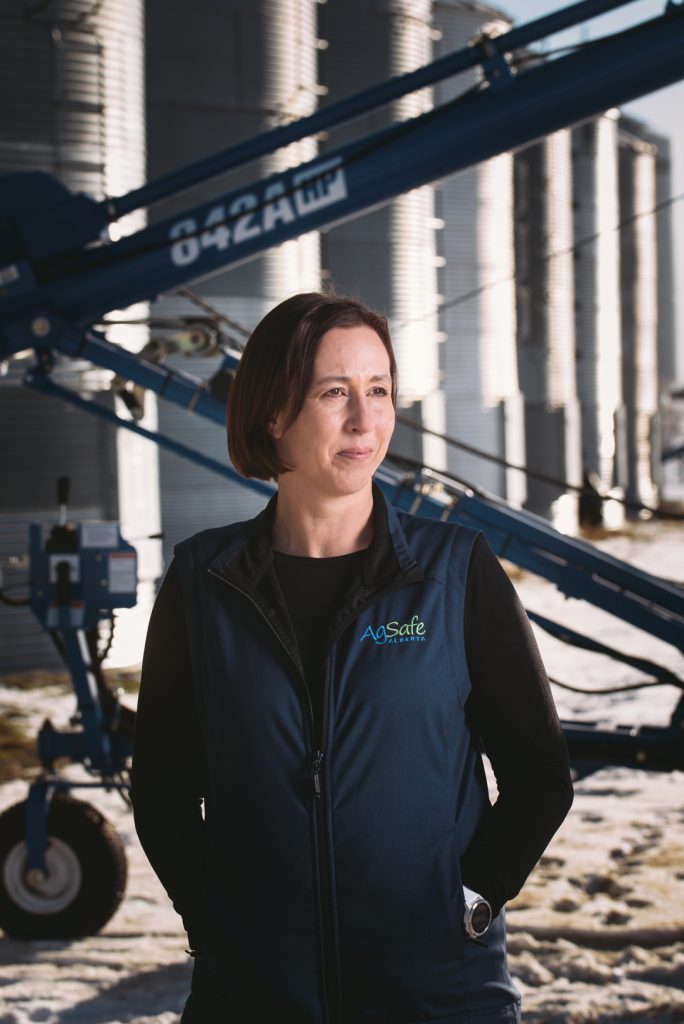
Like most farmers, Jody Wacowich’s parents made efforts to be safe at their Redwater cow-calf operation. But when she was growing up on the family farm in the ’80s and ’90s, the safety culture of the day didn’t go above and beyond. She saw her share of preventable accidents and understood the difficulty in convincing those set in their ways that there was room for improvement.